Racing a C-type in Monaco | Thank Frankel it's Friday
 Andrew Frankel
Andrew Frankel
Further to the news this week that Jaguar is to build eight new continuation C-types, I noticed that the cars will be supplied stock standard and with disc brakes which these days is an exceptionally rare specification, even among cars as rare as C-types. What few standard cars remain are usually on drums, because that’s how they came from the factory, while disc brake cars tend to be racers with power outputs that bear no relation to what they’d have had when new.
But I am lucky enough to be able to describe exactly what a standard but disc brake C-type is like, because it has been my very lucky lot to be able to drive just such a car over the years. Once I even raced it at Monaco.

The car is XKC005, the second oldest C-type in existence, the first three being the original factory cars that all got scrapped, and 004 being the first customer car, bought new in period by Duncan Hamilton and now a competitive racing car owned by Nigel Webb. XKC005 was sold to Tommy Wisdom who used it to place sixth in the 1952 Monaco Grand Prix on the only occasion the race was run to sportscar regulations. It was then loaned to the factory, fitted with discs and with Stirling driving, took victory in a sportscar race at Reims, the first ever race to be won by a disc-shod car.
And if you’re wondering why Jaguar didn’t field a works car for that race it was because all the factory cars were hors de combat after its Le Mans fiasco when last minute panic set it concerning the speed of the Mercedes opposition, causing aerodynamic modifications to the bodywork which made them all overheat. The irony was the panic had been caused by none other than Moss himself, who’d seen how fast were the 300SLs on the Mille Miglia that year and cabled William Lyons telling him than unless more speed was found they’d be sitting ducks at Le Mans.
Tony Rolt used it on the Mille Miglia in 1953 before the car was sold to Patrick Head’s father, Michael, who with his Patrick’s brave and uncomplaining mother at his side, drove it to Sweden and campaigned it very successfully there. Today the car is standard right down to its twin SU carburettors. Its 3.4-litre engine produces no more than 220PS and its four-speed Moss gearbox is as slow and methodical as it has always been.
And once you’ve got over the fact that you’re not just in a C-type, but that C-type and tried to forget its value, it is an astonishingly easy car to drive. The clutch is a little heavy and you have to be quite deliberate with the gears but really it is no more difficult to operate than any other car. Twist the key, press the button, fire it up and go. I don’t believe there has been a car capable of winning Le Mans before or since that was more user friendly than this.

Unlike a D-type, it’s also a fabulous road car. It helps if it’s warm and dry but there’s space enough for two to sit in comfort, the ride quality is amazing and the aero screens keep buffeting to a minimum. As was the way back then, Wisdom drove it to Monaco, raced it, and drove it home again which must have been a fabulous trip, all racing aside.
As for what it is like to race at Monaco, I was terrified. The car was uninsured for racing and despite my determination to qualify out of harm’s way at the very back of the grid it seems some others were more frightened still and I ended up right in the middle of the field. What I remember of the race itself now seems rather surreal. The start was pandemonium and I let a few cars by rather than get caught up in it all. I remember one bloke driving a priceless Ferrari like he was a 17-year old doing a Formula Ford race at Brands Hatch.
But Monaco is a strange place. It’s not a track you’d ever design because it looks like there’s so much stopping and starting to be done, but in an historic car it actually flows beautifully. Tabac and the entry to the swimming pool complex are some of the most fun corners I’ve ever taken while the tunnel is not quite flat out, and very oversteery at the exit.

Anyway and to my amazement, I got into a groove and even started to overtake some cars. At Monaco the C-type’s power deficit was less noticeable than it would be at any other track and its even torque delivery a real bonus. The technique was to hang back slightly on corner entry so you’d be right on their tail at the exit, get alongside while they were scrabbling for traction and make sure you had the inside line for the next turn.
Which worked very well until I came across another equally standard C-type, being driven beautifully by Alain de Cadenet. I could stay with him but the cars were identically matched which would have made getting past hard at any track, let alone the most notoriously difficult circuit on which to overtake in the world. Unless he made a mistake – which didn’t seem remotely likely – I’d just have to follow him to the finish.

Except that’s not what happened. As the race neared the end I sensed he was braking earlier and earlier into each corner. On a hot day on a low speed circuit with barely a straight worthy of the mention to get some airflow through the car, Monaco is tough on brakes. And not only were his wilting, I knew why: he had drums, I had discs. Which is why on the last lap but one I was able to nip inside at the Rascasse and finish the race in exactly the same position I’d started it.
I hope Jaguar’s customers enjoy their new C-types and I hope above all that they use them. They are not just beautiful and elegant to look at, they are that way to drive on road and track too. And if you don’t do that, you’ll never know how truly wonderful is the car you have just bought. And that would be a shame.
Reims images courtesy of Motorsport Images.
Jaguar
C-type
Monaco
Stirling Moss
Reims
Thank Frankel it's Friday

Historic
My trip to Italy with Sir Stirling Moss | Thank Frankel it’s Friday

Andrew Frankel
Thank Frankel it’s Friday: Why didn’t Moss win Le Mans?

Andrew Frankel
How Stirling Moss conquered Monaco in a car he didn't like – Thank Frankel it's Friday






